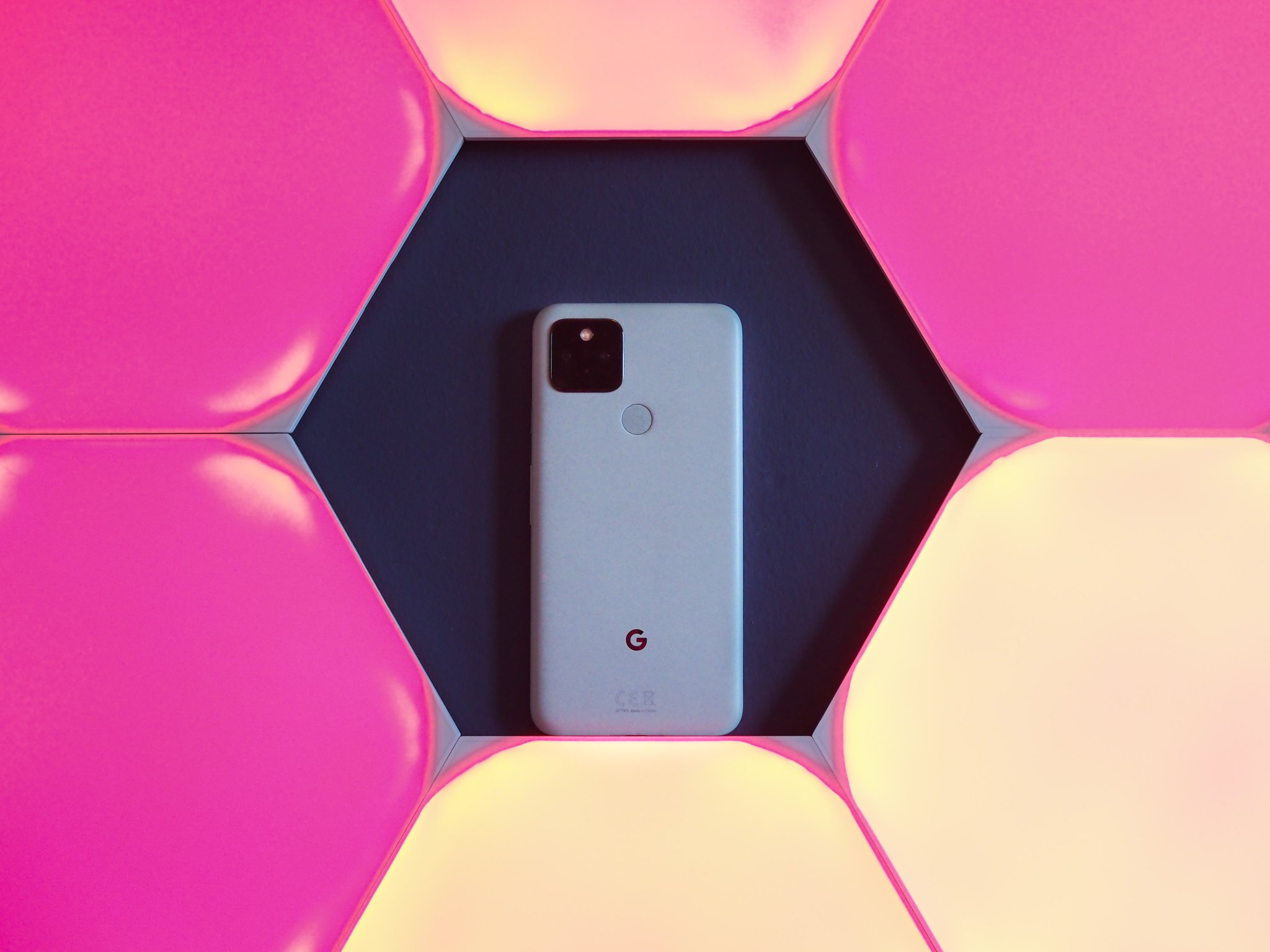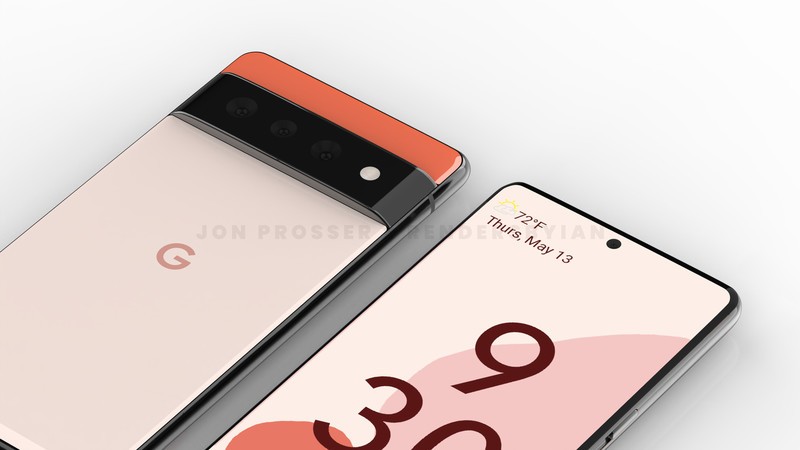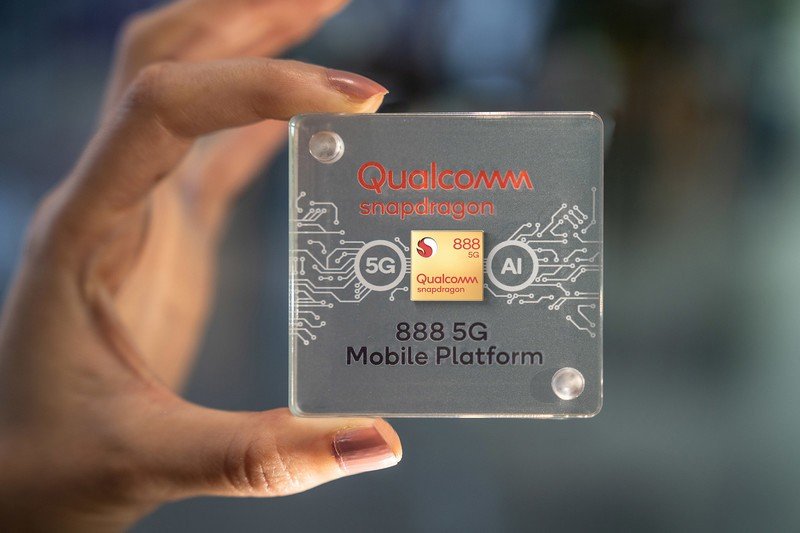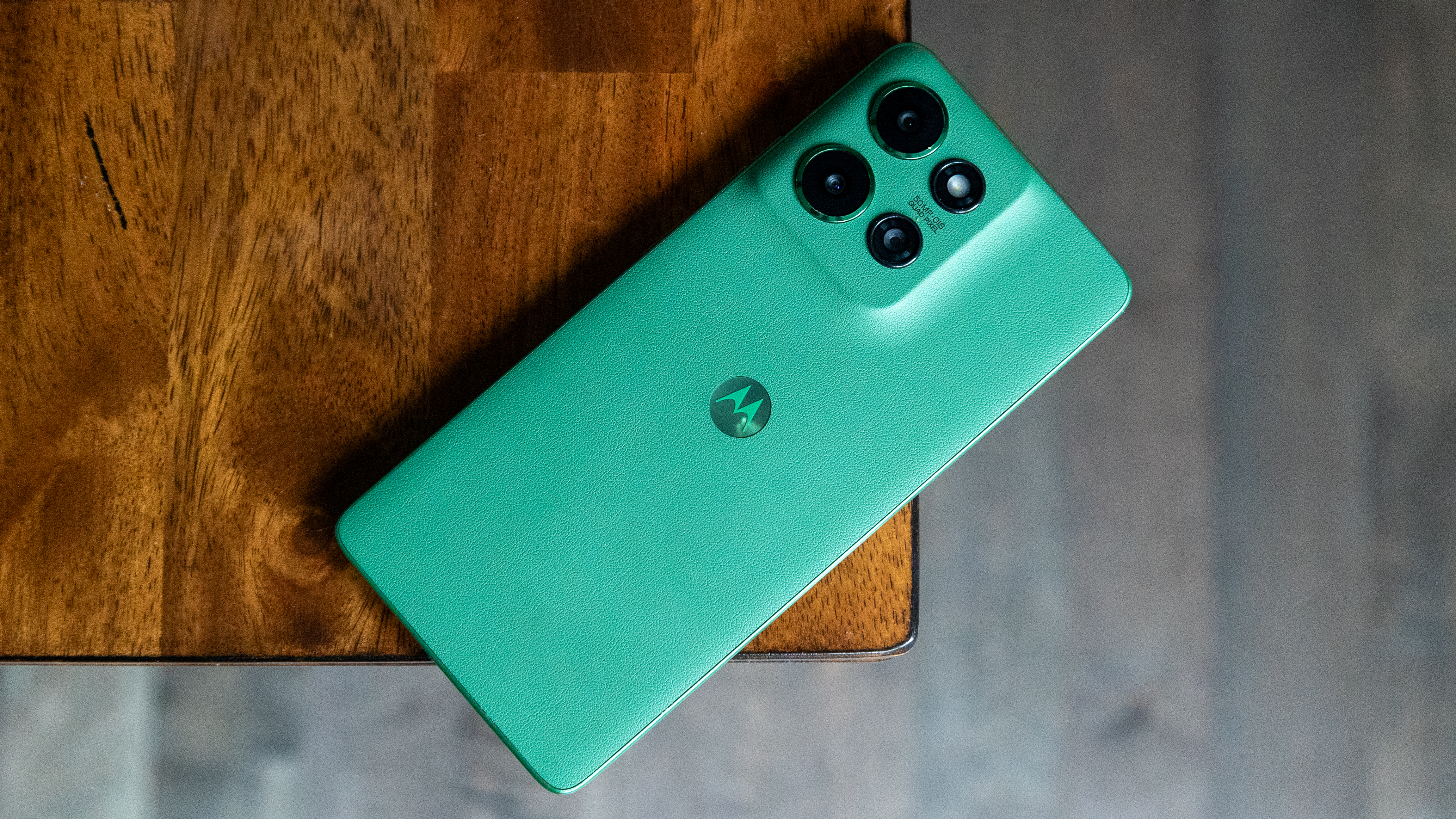With 5 years of updates, the Pixel 6 can actually compete with the iPhone 13

We learned last week that the Google Pixel 6 could receive 5 years of Android software updates. Samsung (4 years), OnePlus (3 years), and OPPO (3 years) have also promised longer support, but it's the Pixel 6 that could actually go toe-to-toe with the iPhone 13 in longevity.
I won't dive into iOS vs. Android here — I've already said my piece about switching from iOS to Android — but iPhones undeniably beat the best Android phones for fast, long-lasting support. Exhibit A: the iPhone 6S will get iOS 15 this September alongside the other iPhones, six years after its launch. Even when an old Android phone does get a new update, it's often months later than newer phones.
Google's Whitechapel strategy gives the Pixel 6 an iPhone-esque appeal.
With the Pixel 6, Google (allegedly) will offer the same iPhone-esque perk for buying stock Android, thanks to the new Whitechapel GS101 custom chipset. A quick run-down for those unfamiliar with Whitechapel: it's a custom-made SoC co-developed by Google and Samsung with a tri-cluster design equivalent to the Snapdragon 780G, plus dedicated modules for security and AI/ machine learning.
Apple can easily support long-term updates because it creates its own Bionic chipsets and tailors its software to them. Android manufacturers, meanwhile, adjust their software every year to new Snapdragon chips, having no say in how Qualcomm builds or updates them. That makes it much harder to release new OSs for new hardware that also works with old hardware. Whitechapel will change that for Google.
The big question will be whether the promise of software updates will be enough to drag shoppers away from Apple, Samsung, OnePlus, or other brands. As is, the Pixel 6 certainly beats the Pixel 5 in specs but may already be outmatched by other upcoming phones.
Will the Pixel 6 be better than the sum of its parts?

If the recent Pixel 6 specs leak proves true, it will have a 6.4-inch AMOLED display with FHD+ resolution and 120Hz refresh rate, 50MP main camera, up to 256GB of storage, 8GB of RAM, and a 4614mAh battery; the Pixel 6 Pro will upgrade to QHD+ resolution, 12GB of RAM, and a 5,000mAh battery.
The Pixel 5 outperformed its Snapdragon, but it still lagged behind other flagships. Will the Pixel 6 follow that trend?
That's all perfectly respectable for a 2021 phone lineup. Unfortunately, we have no mention of an LTPO display, so we can't count on VRR for a battery boost. Otherwise, its specs compare favorably against most other recent flagships, except perhaps for massive, overpowered handsets like the Galaxy S21 Ultra and iPhone 12 Pro Max.
Get the latest news from Android Central, your trusted companion in the world of Android
But we have to talk about Whitechapel and its comparison to the Snapdragon 780G. We know that chip is 40% more powerful and more energy-efficient than the 765G found in the Pixel 5, which we called the "best Pixel ever." For context, it outperformed other phones with faster Snapdragon processors for daily use and did just fine playing Android games, but it struggled with some demanding tasks like photo processing.
As for the Pixel 6, we heard from leaker Yogesh that Whitechapel's "current performance on PVT units [are] closer to SD870" and that "they are not trying to match SD888. Google's focus is on ML & so the raw AI performance is matched to that of other leading mobile chips."
If we take this leak at face value, Google took the parts for the energy-efficient Snapdragon 780G and has it performing as fast as the much faster Snapdragon 870, which is no small feat. It will sound familiar to iPhone fans: those phones typically have "worse" chipsets than the latest Snapdragons but outperform them in benchmarks thanks to Apple optimization.
Will Android shoppers chasing powerful hardware turn their noses up at Whitechapel's intangible success with lesser tech?
On the other hand, Google has optimized mid-range hardware without any intention of matching the Snapdragon 888 found in other 2021 phones. When the iPhone 13 launches in September or the Galaxy S22 in early 2022, they're likely only to widen the performance gap. Will Android shoppers chasing powerful hardware turn their noses up at Whitechapel's intangible success with lesser tech?
Despite the Pixel 6 Pro's upgrades, Google still doesn't appear to relish the idea of battling head-on with the smartphone heavyweights for sheer performance. Instead, it will offer ultra-fast Google Assistant commands, streamlined Android 12 performance with exclusive Material You customization, and the promise that the phone will remain functional and secure until 2026. But it picks more efficient chips so it can price its phones more reasonably than competing flagships.
Do Android fans want optimization or power?

To me — a former iPhone die-hard who loves buying a phone and sticking with it for years — that all sounds pretty darn appealing. One of the reasons that a quarter of iPhone users switch to Android is that Android phones offer better deals, and a reasonably-priced Pixel 6 that will last five years could certainly appeal to iPhone shoppers. Particularly because the Android 12 Material You update is just so dang colorful and cheerful, an aesthetic that absolutely will strike a chord for most Apple fans.
But plenty of Android phone buffs are used to swapping out their phones every year or two, which helps keep their tech cutting-edge. The Pixel 6 will run Android 12 as well as any other phone, even if Samsung or OnePlus has more raw power with its Snapdragon tech. But by the time we reach Android 16 or 17, will the Pixel 6 still be worth using?
My two-year-old Pixel 3a runs the Android 12 beta pretty well, all things considered, but you certainly can't help but notice how its budget hardware slows everything down. Admittedly, it's no flagship, but the Whitechapel specs aren't exactly cutting-edge either. So the Pixel 6 will be the first phone to test whether Google can preserve and maintain its phones as well as Apple does. I'm optimistic, but I'm not treating the idea as inevitable either.

Michael is Android Central's resident expert on wearables and fitness. Before joining Android Central, he freelanced for years at Techradar, Wareable, Windows Central, and Digital Trends. Channeling his love of running, he established himself as an expert on fitness watches, testing and reviewing models from Garmin, Fitbit, Samsung, Apple, COROS, Polar, Amazfit, Suunto, and more.

